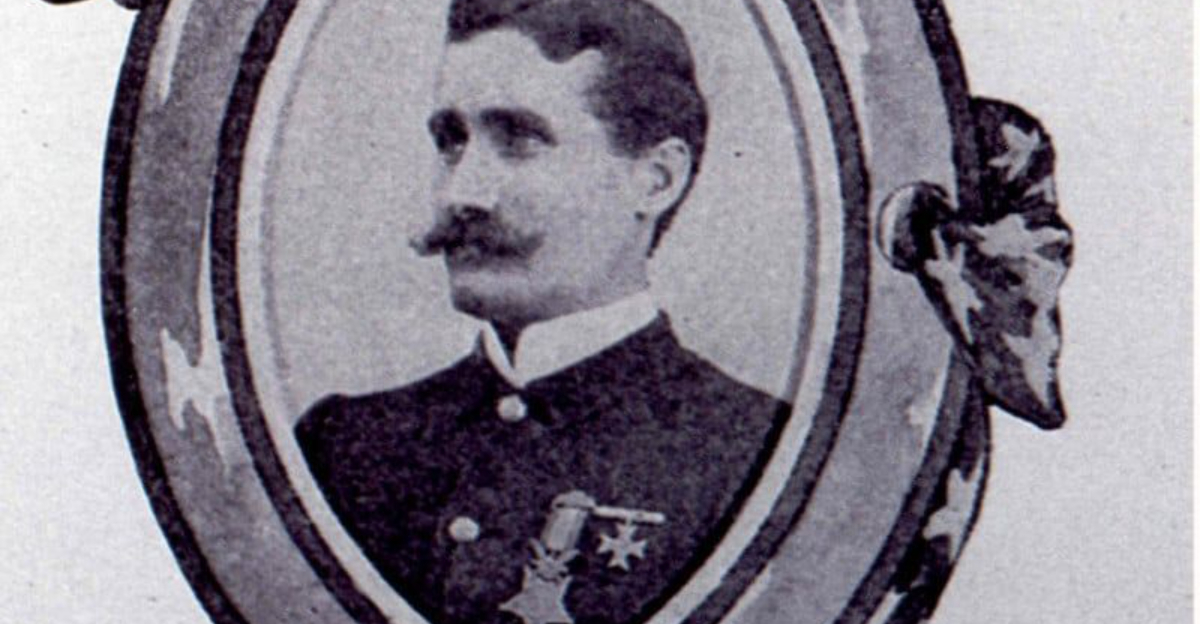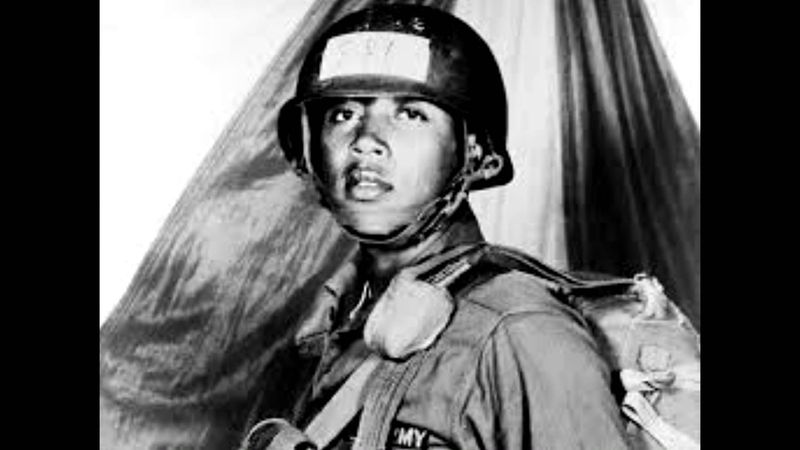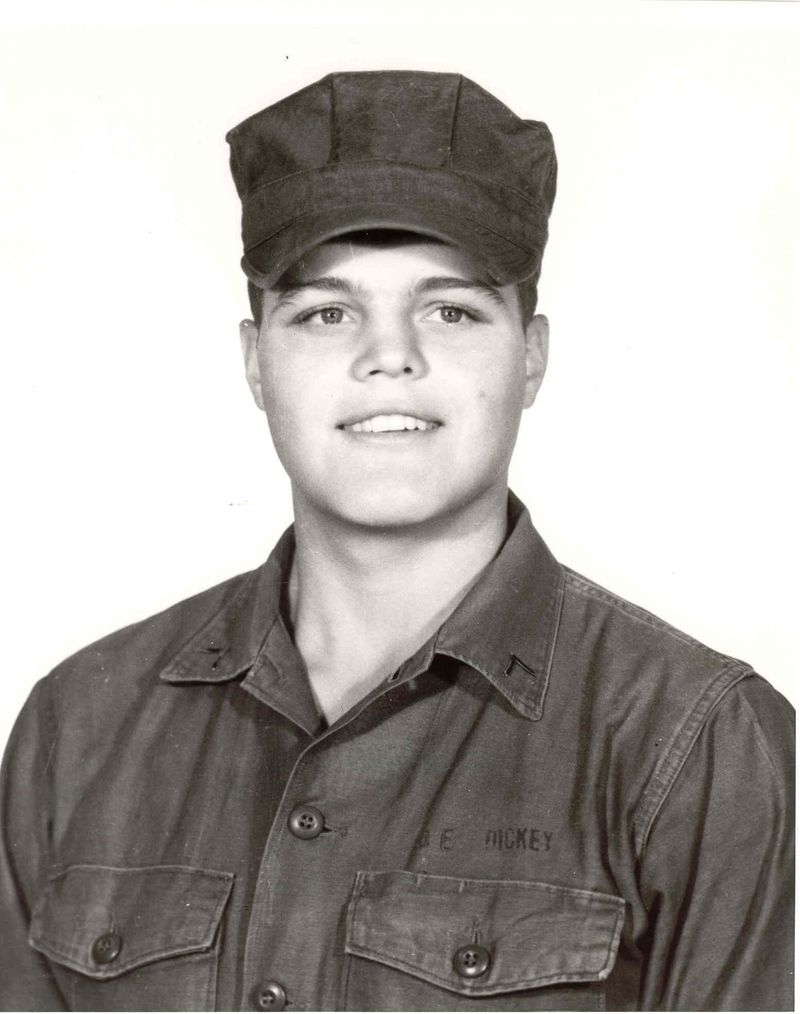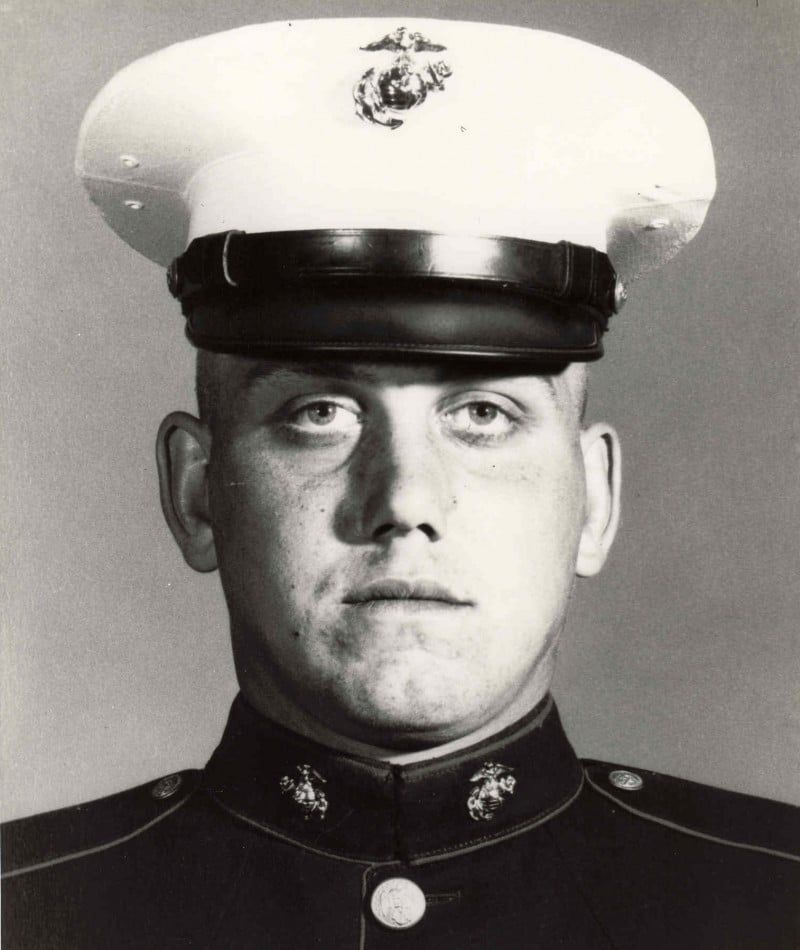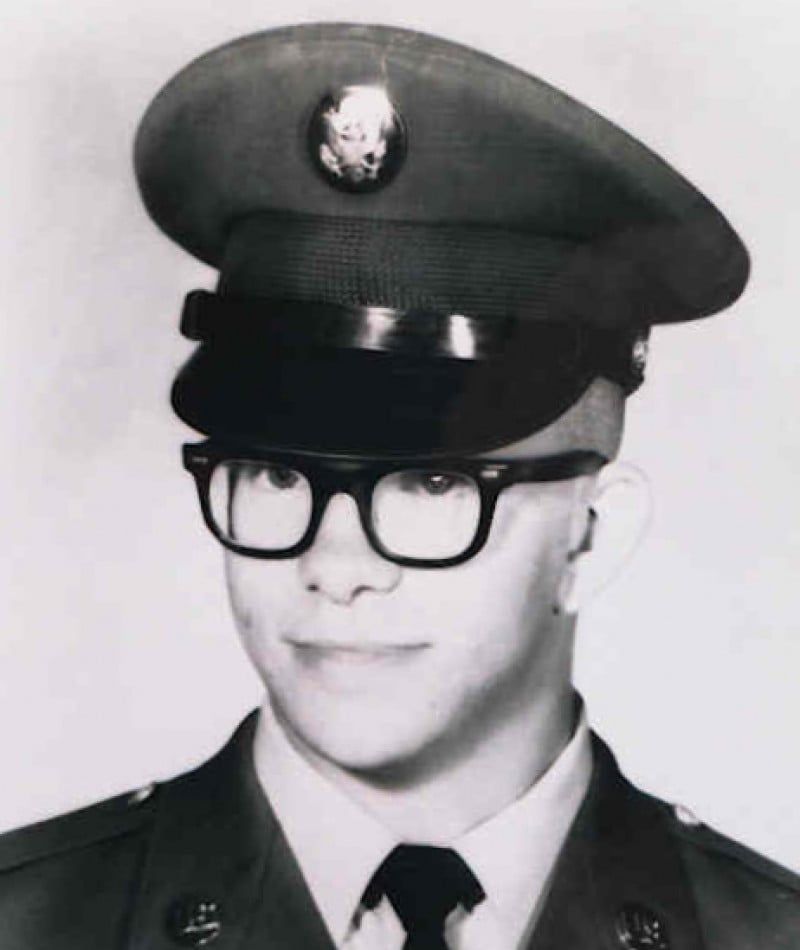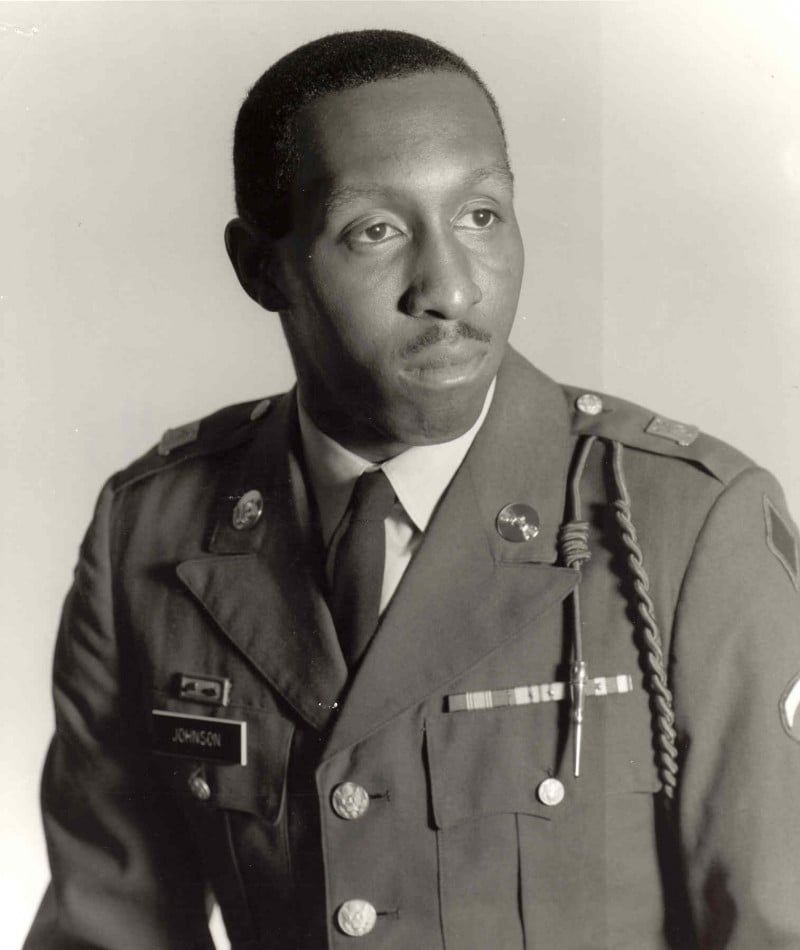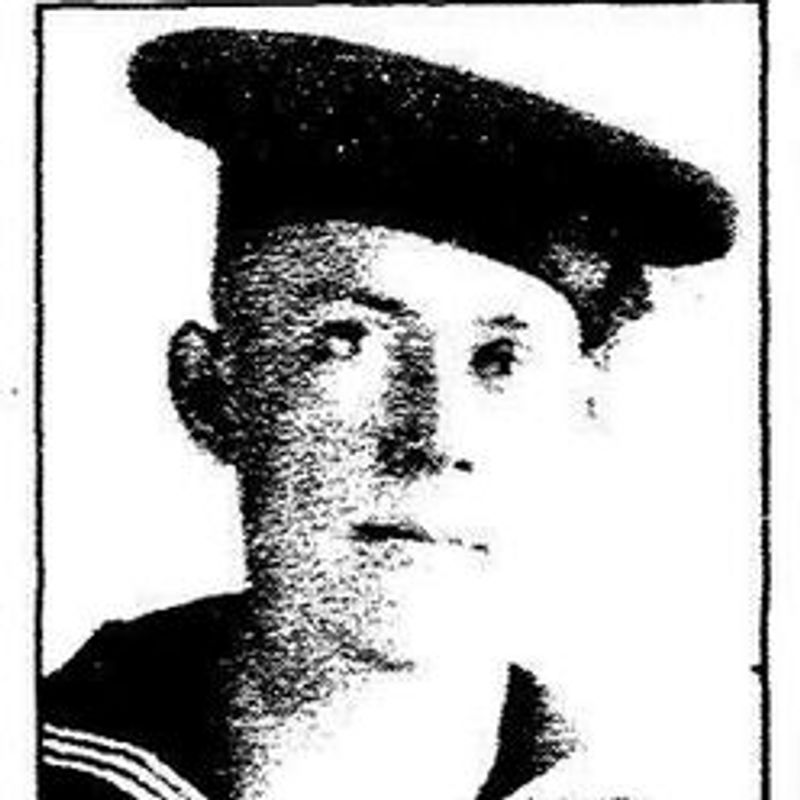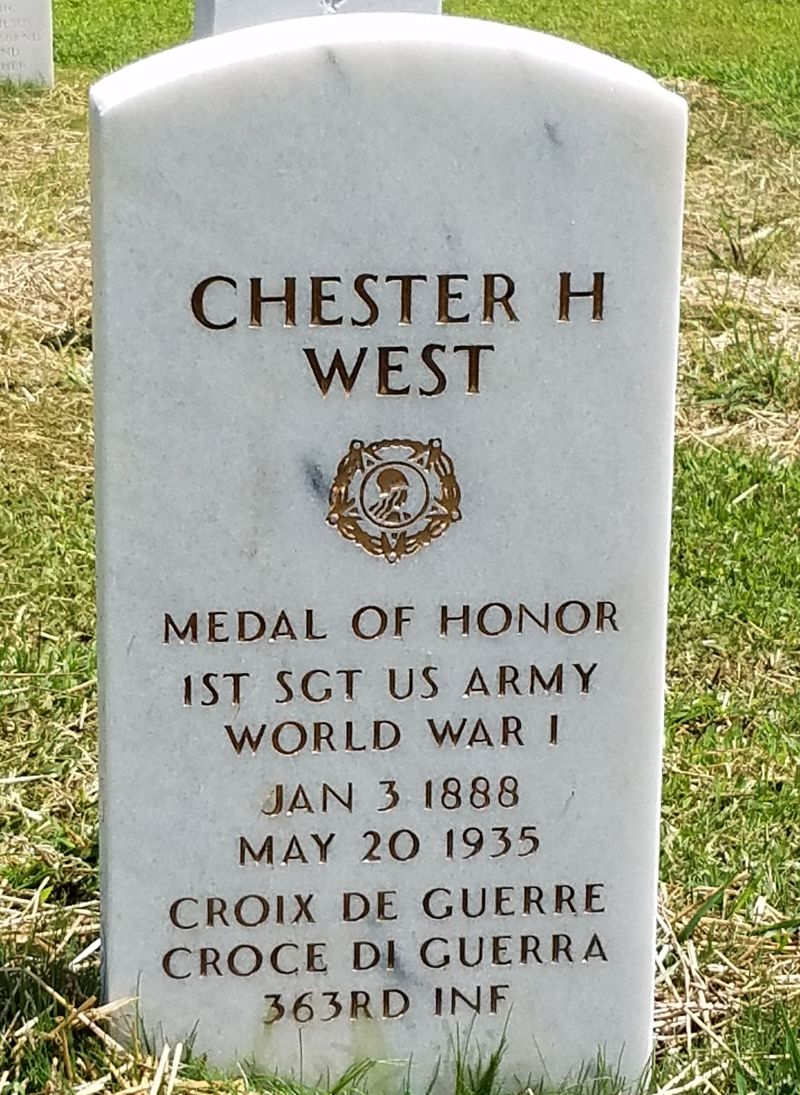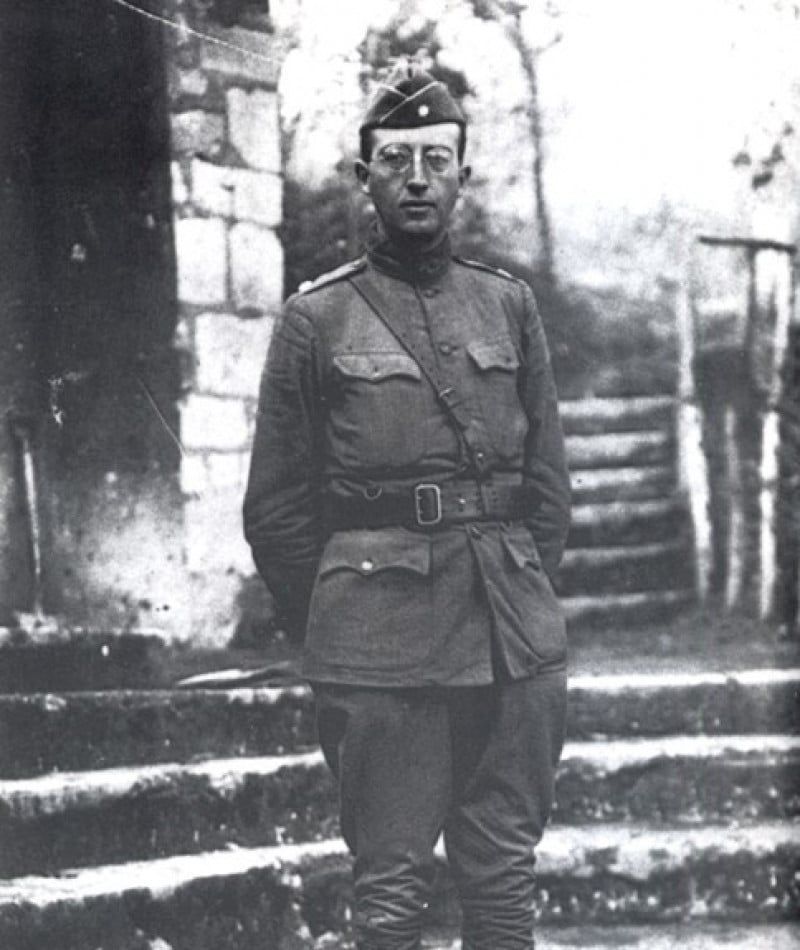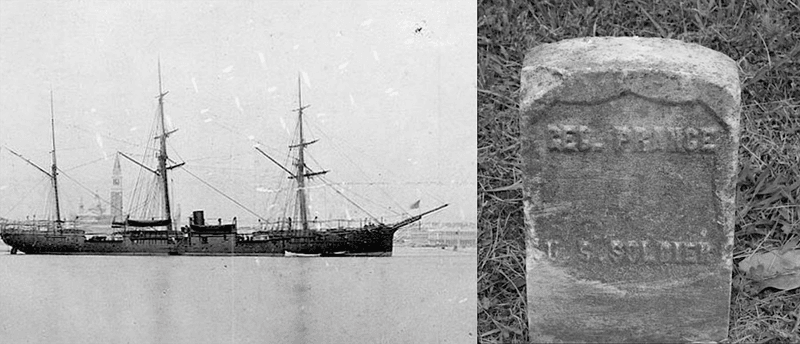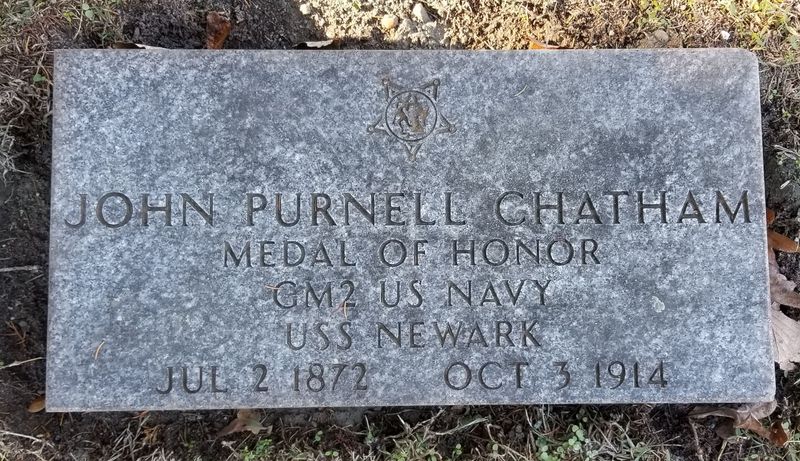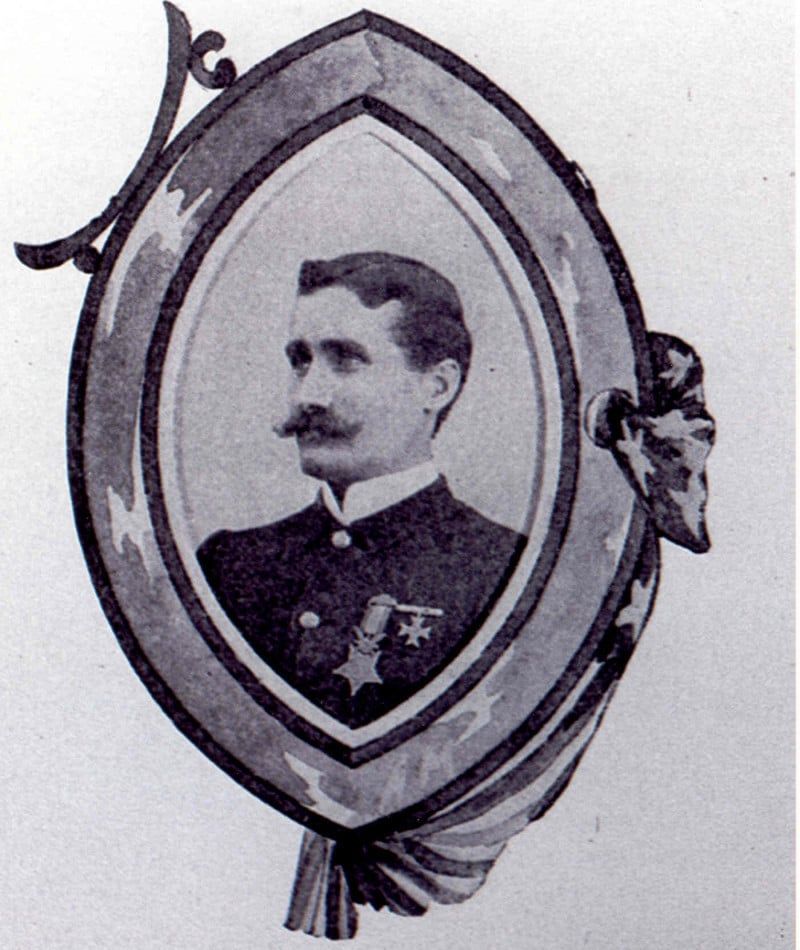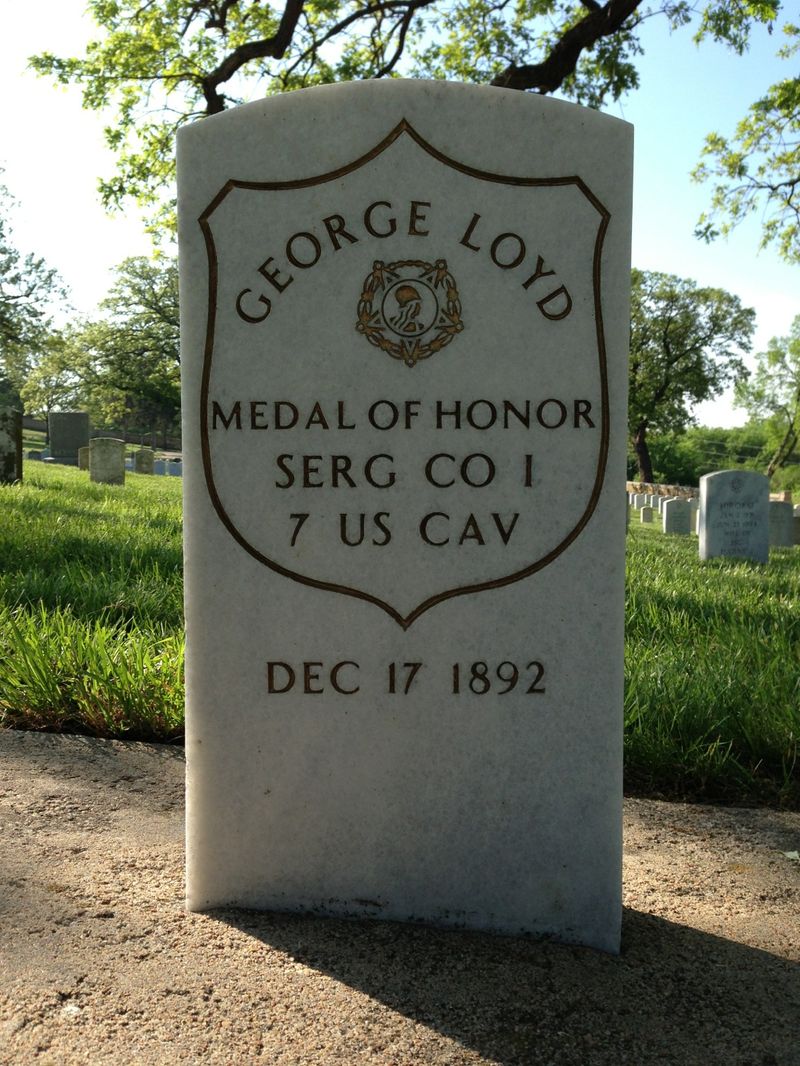The Medal of Honor is the highest military decoration awarded by the United States government. It’s reserved for individuals who have demonstrated acts of valor above and beyond the call of duty.
However, the stories of bravery often overshadow the personal struggles and tragic ends that some of these heroes faced.
This blog post uncovers the lives of 13 Medal of Honor recipients whose heroic actions on the battlefield were matched by the poignancy of their untimely and heartbreaking deaths.
1. Milton L. Olive III
Milton L. Olive III’s heroism in the Vietnam War was marked by selflessness. At the tender age of 18, he made the ultimate sacrifice. During a patrol in the dense jungles of Vietnam, Olive threw himself on a grenade, saving the lives of his fellow soldiers.
As the first African American recipient of the Medal of Honor during the Vietnam War, Olive’s legacy is enduring. His courage not only saved lives but also left a profound impact on those who served with him. A teenager’s bravery continues to inspire generations.
Olive’s story reminds us of the preciousness of youthful valor.
2. Douglas Dickey
Douglas Dickey’s actions during the Vietnam War exemplify the highest form of bravery. At 21, the Marine Private First Class made the ultimate sacrifice for his comrades.
In the heat of combat, Dickey spotted a grenade landing near his fellow soldiers. Without hesitation, he threw himself onto it, absorbing the explosion and saving five lives.
Dickey’s decision embodies selflessness and devotion to his unit. His sacrifice is a poignant example of the courage found in those who wear the uniform. The legacy of his actions endures in the hearts of the many he saved.
3. Dewayne T. Williams
On his 19th birthday, Dewayne T. Williams performed an act of heroism that defined his young life. During a fierce firefight in Quảng Nam Province, he threw himself on a grenade, sparing his fellow Marines from certain death.
Williams’s sacrifice on such a significant personal day underscores the depth of his bravery and commitment to his comrades. His parents, though heartbroken, took pride in his valor.
Williams’s story is a reminder of the young lives cut short in service of their country. His courage continues to be a beacon of inspiration for future Marines.
4. Kenneth Michael Kays
Kenneth Michael Kays faced Vietnam’s horrors not just in war but in its aftermath. As an Army medic, he heroically rescued wounded soldiers despite losing his leg in combat.
His return home was not met with peace. Kays battled severe PTSD, struggling to find his place in a world that seemed indifferent to his sacrifice. Addiction haunted him, leading to his tragic death by suicide in 1991.
Kays’s life reflects the silent battles many veterans face long after the guns have silenced. His legacy is a call for compassion and understanding for those who serve.
5. Dwight H. Johnson
Dwight H. Johnson’s bravery in the Vietnam War was met with personal demons upon returning home. His actions on the battlefield earned him the Medal of Honor.
Yet, the accolades could not quiet the depression and societal reintegration issues he faced. Johnson’s life ended tragically in 1971 during an attempted robbery, believed to be a cry for help.
His story highlights the struggles of many veterans who find themselves isolated after the applause fades. Johnson’s life and death urge us to look beyond the heroics and see the human need for support and understanding.
6. Raymond H. Cooley
Raymond H. Cooley’s story is one of survival and internal battles. During World War II, he survived a grenade blast in the Philippines, earning him the Medal of Honor.
However, the physical injuries were overshadowed by psychological trauma, leaving a lasting impact on his life. In 1947, Cooley died in a car accident, reportedly linked to alcohol.
His life is a testament to the hidden wounds of war, emphasizing the need for mental health care for veterans. Cooley’s story serves as a reminder of the enduring impact of battle beyond the battlefield.
7. John Hugh Catherwood
John Hugh Catherwood’s service in the Philippine-American War left indelible scars. Critically wounded in combat, he faced physical and emotional trials.
Catherwood’s life after the war was marked by emotional distress, a constant battle with memories of violence and loss. In 1930, he died by suicide, a tragic end to a life once lauded for bravery.
His story echoes the silent suffering of many veterans who grapple with their past. Catherwood’s life is a stark reminder of the need for comprehensive support for those who have served in combat.
8. Chester H. West
Chester H. West’s valor in World War I was met with a tumultuous civilian life. Known for his battlefield courage, his later years were marred by conflict.
In 1935, West was shot and killed during a dispute with his employer, a tragic twist to his heroic narrative. For decades, his grave remained neglected, a silent testament to his troubled life.
West’s story sheds light on the alienation faced by many veterans. His life calls for recognition and remembrance, ensuring that their sacrifices are honored beyond the battlefield.
9. Charles W. Whittlesey
Charles W. Whittlesey, commander of the “Lost Battalion” in World War I, was a figure of stoic leadership. Yet, the war’s end brought personal turmoil.
Overwhelmed by survivor’s guilt and public scrutiny, Whittlesey’s life came to a tragic conclusion. In 1921, he died by suicide at sea, just weeks after serving as a pallbearer for the Unknown Soldier.
His story highlights the burden of command and the profound impact of war on the human psyche. Whittlesey’s legacy is a poignant reminder of the hidden costs of heroism and leadership.
10. George Prance
George Prance’s bravery during the Civil War was overshadowed by a life of hardship. Despite his heroism, he faced poverty and government neglect regarding his injuries.
After a compensation bill failed, Prance’s despair culminated in his suicide in 1885. His tragic end underscores the systemic failures faced by veterans after the war.
Prance’s life calls attention to the need for adequate support and recognition for those who have served. His story is a stark reminder of the societal responsibility towards those who have borne the battle’s weight.
11. John Purnell Chatham
John Purnell Chatham, celebrated for his bravery during the Boxer Rebellion, faced inner turmoil in later life. Despite his military accolades, Chatham struggled as he transitioned to civilian life.
In 1914, he took his own life while working as an engineer, a tragic end to a once-heroic story. His death reflects the profound challenges veterans can face long after service.
Chatham’s story is a sobering reminder of the enduring impact of military service and the importance of mental health support for veterans. His life calls for continued awareness and action.
12. Thomas M. Doherty
Thomas M. Doherty’s distinguished service in the Spanish-American War was shadowed by personal setbacks. After his commendable actions in Cuba, he continued his military career.
However, a demotion left him despondent, culminating in his suicide in 1906. Doherty’s life is a poignant reminder of the personal challenges faced by those in uniform.
His story calls for greater attention to the emotional well-being of service members, highlighting the necessity of support systems for those who have dedicated their lives to their nation’s defense.
13. George Loyd
George Loyd’s actions during the Wounded Knee Massacre earned him the Medal of Honor, but his life was marred by internal conflict. As a First Sergeant, his commendable service could not shield him from personal despair.
Less than two years after receiving the Medal, Loyd died by suicide at Fort Riley in 1892, a tragic end to a life marked by military distinction.
His story underscores the psychological toll of combat and the need for comprehensive mental health care for veterans. Loyd’s legacy calls for empathy and understanding of the silent battles many face.
